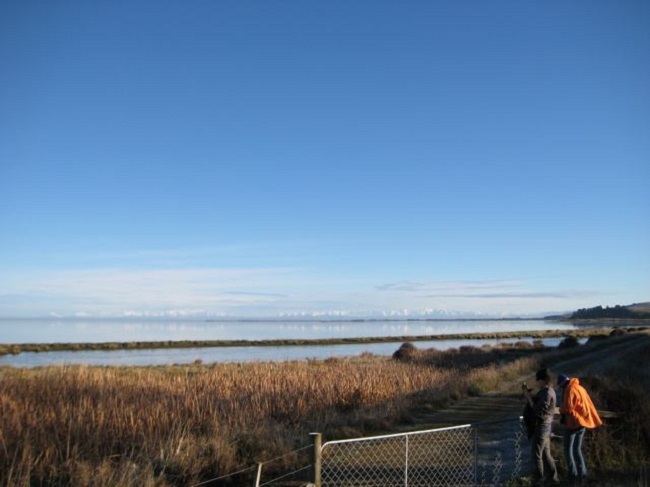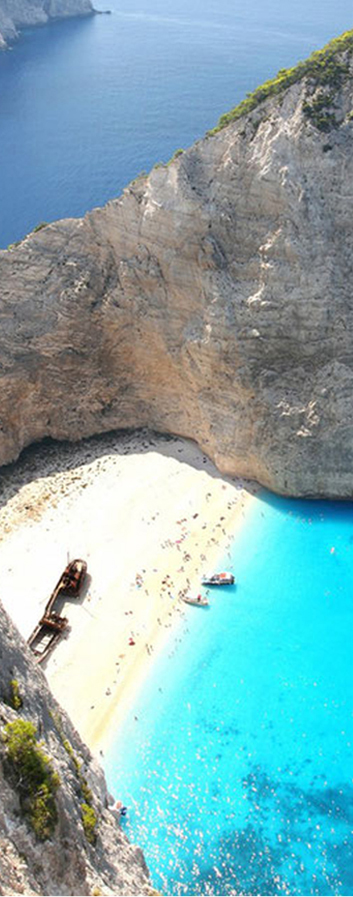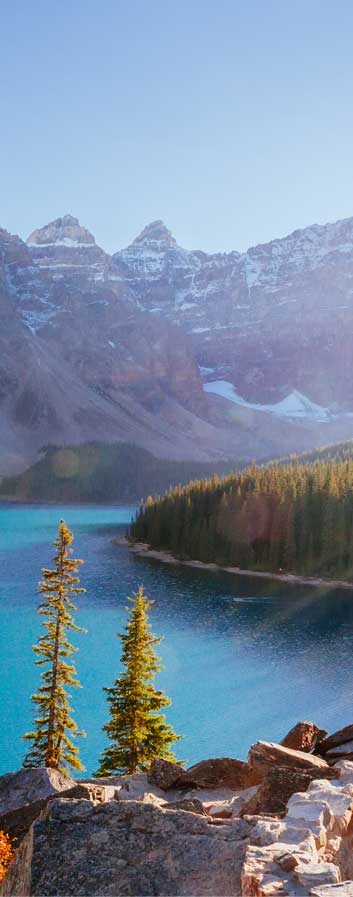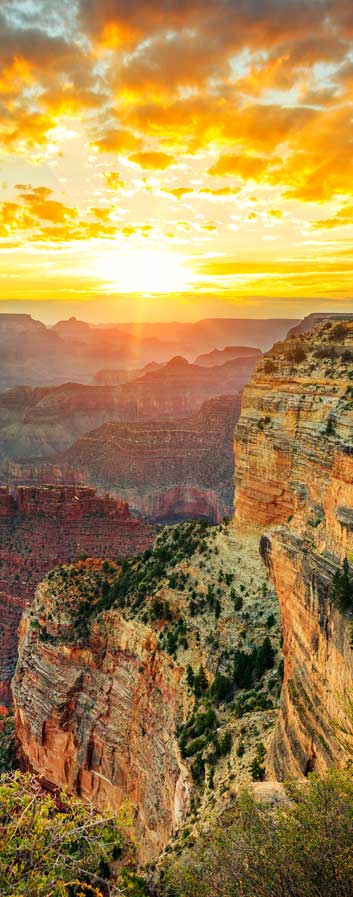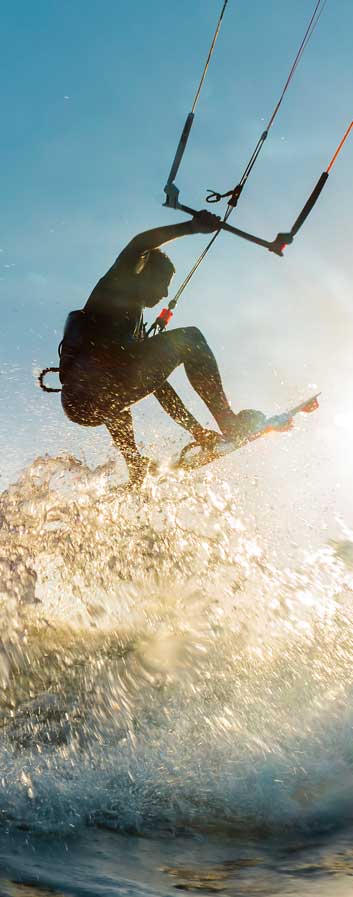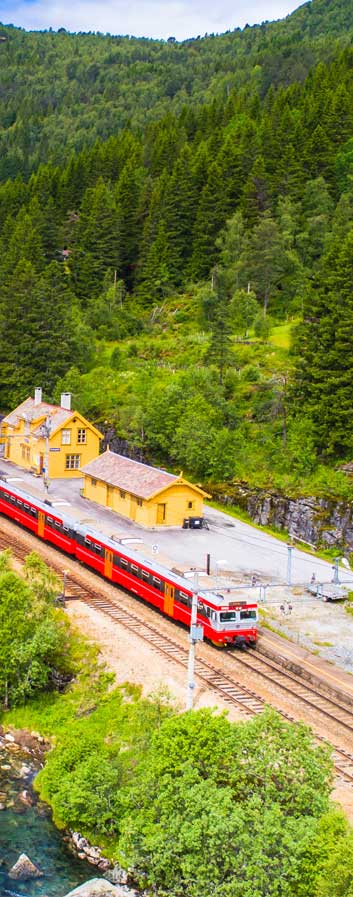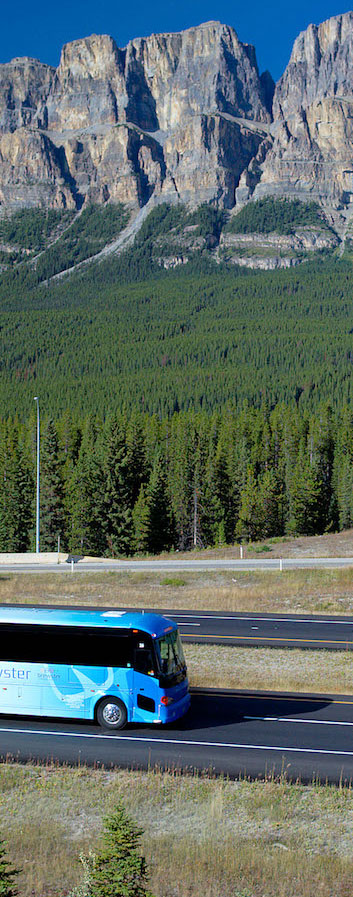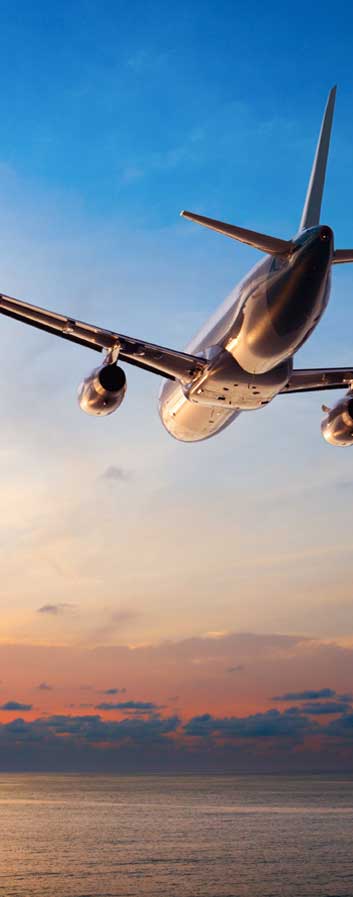Lake Ellesmere
Lake Ellesmere / Te Waihora is located in the Canterbury Region of the South Island of New Zealand. It is actually a broad, shallow lagoon located directly to the west of Banks Peninsula, separated from the Pacific Ocean by a long narrow sandy spit called Kaitorete Spit, or more correctly Kaitorete Barrier. It lies partially in extreme southeastern Selwyn District and partially in the southwestern extension of the former Banks Peninsula District, which now (since 2006) is a ward in the city of Christchurch. The lake holds high historical and cultural significance to the indigenous Māori population and the traditional Māori name Te Waihora, means spreading waters. It has officially had a dual English/Māori name since at least 1938.
Lake Ellesmere / Te Waihora has been a revered mahinga kai (site of traditional significance for food and other natural resources) for Māori since ancient times and remains central to the lives of many Māori who now live in the area. Under the Ngāi Tahu Claims Settlement 1998, ownership of the lake bed of Lake Ellesmere / Te Waihora was returned to Te Rūnanga O Ngāi Tahu, who are now able to reassert their rangatiratanga (ownership) over this significant site through direct control of its management.
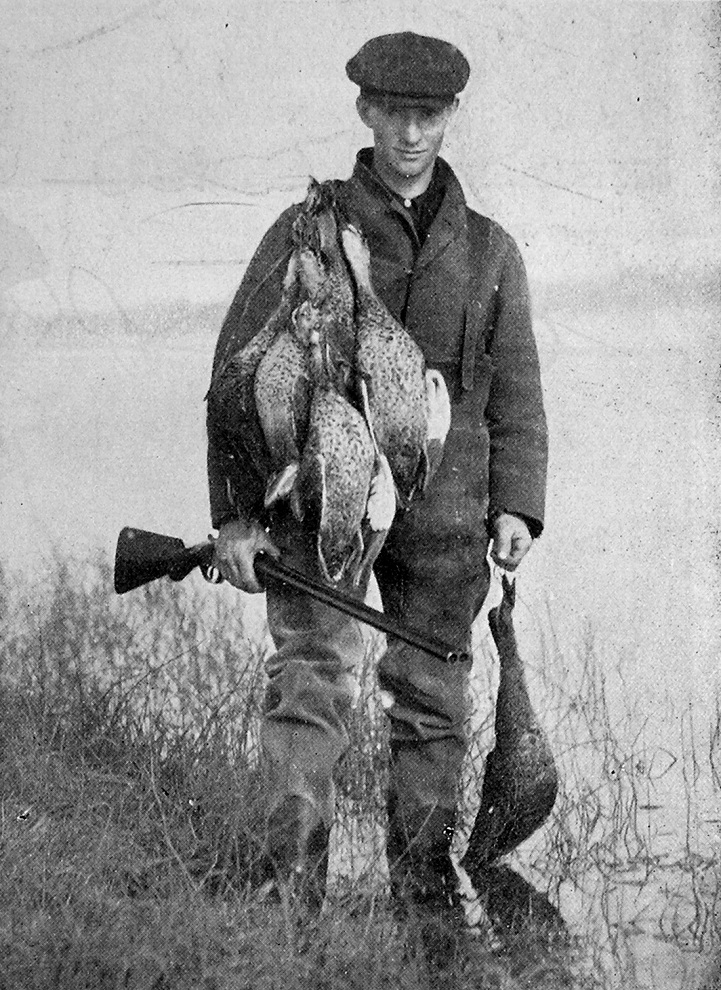
As well as holding high cultural significance to the indigenous population Lake Ellesmere / Te Waihora is also rated as a nationally significant site for recreation. The lake is currently used for a wide range of water and land based activities. It has been identified as nationally significant for waterfowl hunting, and regionally significant for fishing and cycling on the rail trail.
A wide range of both water and land based activities are currently undertaken in the area including fishing, waterfowl hunting, bird-watching, picnicking, camping, cycling, trail biking, scenic driving and water sports such as kayaking and water-skiing. Many of these activities are reliant on a healthy natural ecosystem, especially fish and wildlife habitat, and a decrease in the number of people participating in trout fishing and other activities has been recorded since 1996.[4]
